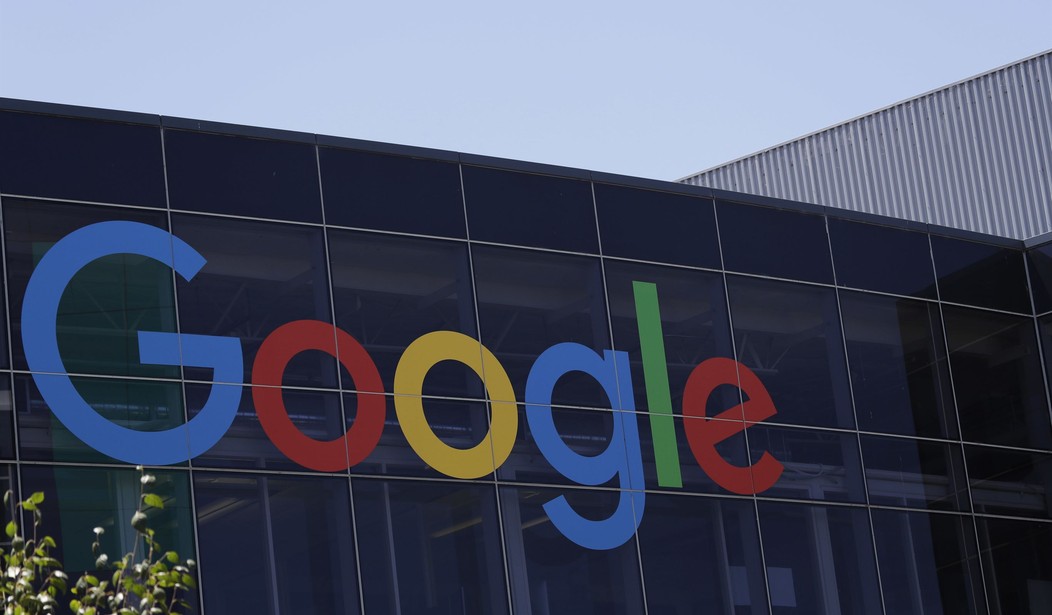While lawmakers in the United States are engaged in a public relations battle of who can crack down harder on big tech, the European Commission is poised to pass the Digital Marketing Act that would fundamentally alter how American big tech operates on the continent.
Advocates of the Digital Markets Act contend the bill will provide businesses "who depend on gatekeepers to offer their services…a fairer business environment" and prevent large tech companies from using "unfair practices" to "gain an undue advantage." Unfortunately, the Digital Markets Act is not written to advance competition, but instead it targets U.S. tech companies and protects the EU's internal tech market from external competition. Additionally, the momentum toward further regulation of big tech in the United States could see Congress consider copy-cat legislation that would inflict significant harm on American consumers.
Under the Digital Markets Act, the European Union would reclassify big tech companies as gatekeepers if they earn an annual turnover "above €6.5 billion in the last three years, average market capitalization or equivalent fair market value above €65 billion in the last year, active in at least three Member States, over 45 million monthly active end-users in the Union and over 10,000 yearly active business users in the last year."
Once classified as gatekeepers, companies would be unable to share consumer data between "the core platform and other services and bans on self-preferencing." Apple, for example, could not show preference for its own apps such as Apple News, and Amazon could not show preference for its own AmazonBasics products, even though they might be cheaper and provide a higher quality than comparable products.
Recommended
The Digital Marketing Act would also "require platforms that have been labeled as gatekeepers to undertake certain actions to increase interoperability and data portability. Further, platforms would be expected to notify regulators of mergers that would normally be below the threshold for review, and these mergers would be subject to greater scrutiny in the form of audits or reporting requirements."
Violating the Digital Marketing Act could see fines levied up to 10% of a company's global revenue. For Facebook, that could equate to $8.6 billion, while Amazon could be fined up to $38 billion.
The threat of fines is not an idle one as American tech firms have regularly faced stiff financial penalties from the European Union. In 2019, the European Union fined Google $1.7 billion for allegedly abusing "its market dominance by preventing or limiting its rivals from working with companies that had deals with Google." The European Union's penchant for imposing financial penalties on U.S tech firms, combined with the stiff penalties outlined in the Digital Markets Act, suggests the European Commission sees the bill as one way to raise money.
One of the major flaws within the Digital Markets Act is it directly targets U.S. platforms, not European firms of comparable sizes. As Dirk Auer from the International Center for Law and Economics notes, the revenue thresholds outlined by the European Union seem to be structured in a way that would "purposefully exclude European platforms, notably Spotify," who do not meet the revenue thresholds. By passing the Digital Markets Act into law, the European Union would effectively create two regulatory environments – one for European tech companies and another, more punitive, environment for American tech companies.
In short, not only does the Digital Markets Act specifically target American companies, but it is just further evidence of Europe's hostility to free and open transatlantic trade.
One of the significant risks of the Digital Markets Act is that lawmakers in Congress could consider a copy-cat bill. In 2021, both the Democrats and Republicans have proposed legislation that would punish big tech companies by reforming antitrust law. Back in February, Senator Amy Klobuchar (D-MN) introduced the Competition and Antitrust Law Enforcement Reform Act, while Senator Josh Hawley (R-MO) introduced The "Trust-Busting for the Twenty-First Century Act.” Democrats in the House of Representatives are also reportedly crafting their own antitrust proposals that will similarly target big tech.
With the plethora of antitrust proposals currently under consideration and a growing public belief that the government should more stringently regulate big tech, it's not beyond the realm of possibility that legislation mirroring the Digital Markets Act could find itself under serious consideration in the U.S.
While the Digital Markets Act is not yet European law, its likely passage could fundamentally alter how American tech firms such as Facebook, Apple, and Google operate on the continent. Unfortunately, the legislation represents clear evidence of Europe's growing hostility to American tech and a desire to penalize external competition. The real concern is that U.S. lawmakers follow suit and seek to create a more punitive regulatory environment stateside that puts America’s lead in technology at stake and will only serve to harm consumers.
Edward Longe is a research associate at the American Consumer Institute, a nonprofit educational and research organization. For more information about the Institute, visit www.TheAmericanConsumer.org or follow us on Twitter @ConsumerPal.

























Join the conversation as a VIP Member